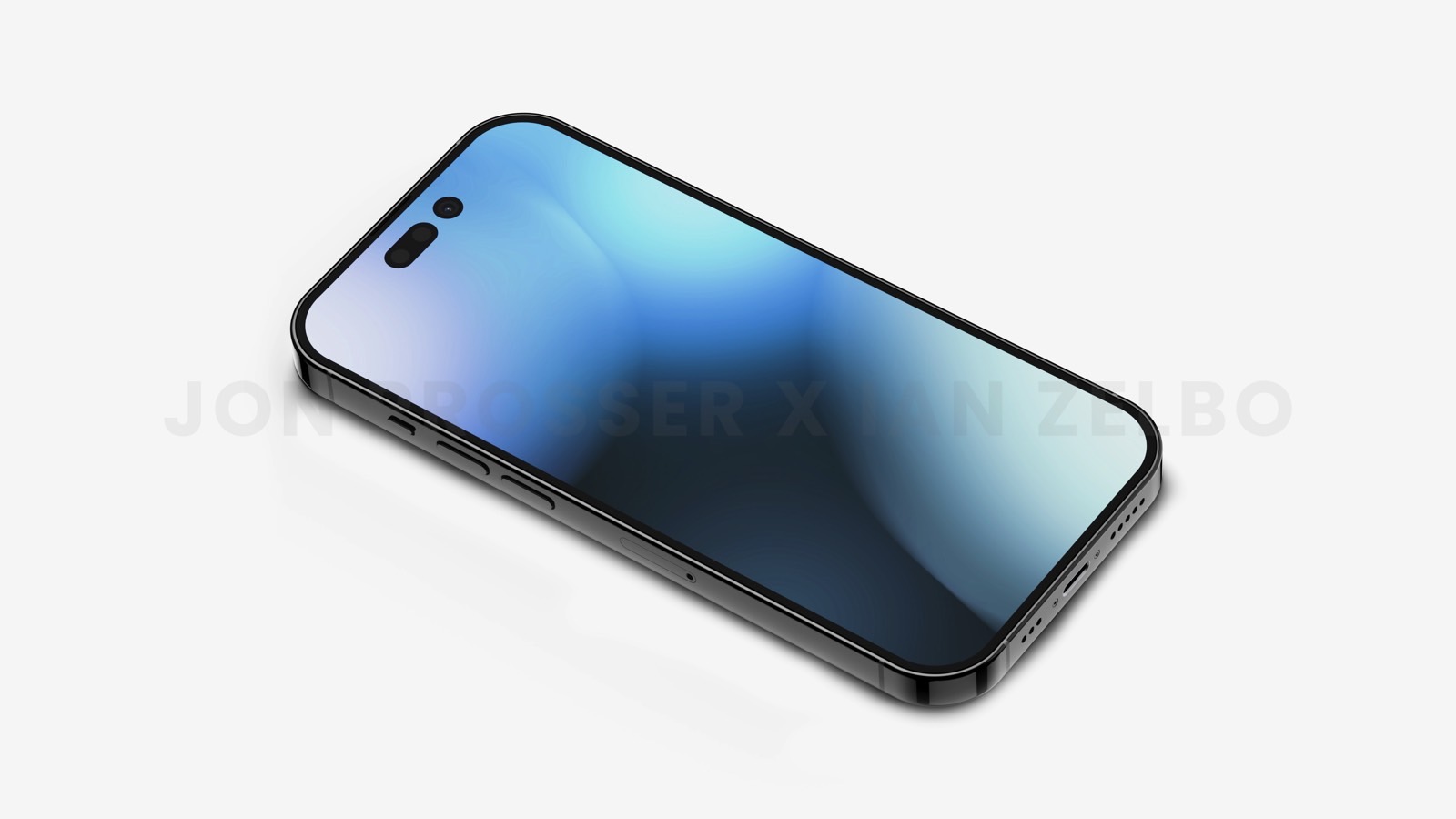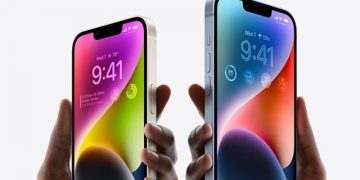The pandemic and war in Ukraine fueled rampant inflation that impacted the cost of virtually every possible product. But smartphone prices haven’t seen major price increases, which was surprising. The iPhone 13 and Galaxy S22 series did not bring price hikes, but things might change in the future. Rumors already claim the iPhone 14 price will be increased this year, and a new report signals that drastic cost increases are inevitable from Apple’s parts suppliers.
Apple never shares details about the cost of manufacturing iPhones. And we’ll have to wait until mid-September to find out whether the iPhone 14 price rumors were accurate. But companies in the iPhone supply chain might have indirectly confirmed that Apple will pass some of the rising costs of manufacturing iPhones to consumers this year.
Such is the case with Japanese chemicals supplier Showa Denko K.K. The company told Bloomberg that it expects to raise prices further and cut back unprofitable product lines.
Critical iPhone components might be more expensive
Showa Denko might not sound familiar to any iPhone fan, and that’s because the company isn’t a direct supplier to Apple. But the company supplies essential chip fabrication materials to TSMC. That’s the chipmaker that manufactures the A-series and M-series custom chips that power the iPhone, iPad, and Mac.
TSMC will manufacture A16 chips for the iPhone 14 Pro and iPhone 14 Pro, as well as the older A15 for the iPhone 13 and non-Pro iPhone 14 models.
Apple’s 2021 iPhone lineup includes iPhone SE, iPhone 11, iPhone 12 mini, iPhone 12, iPhone 13 mini, iPhone 13, iPhone 13 Pro, and iPhone 13 Pro Max. Image source: Apple Inc.
The report claims the company had to raise costs at least a dozen times this year in response to the COVID-19 lockdowns, the effects of the war, and the weakening yen. Chief Financial Officer Hideki Somemiya told Bloomberg that it was forced to “drastically increase the cost” it passes on to customers.
“A big theme this year common to all the players in the materials industry is how much cost burden we’d be able to convince customers to share with us,” Somemiya said. “The current market moves require us to ask twice the amount we had previously calculated.”
In turn, TSMC will likely pass these cost increases on to Apple. The iPhone maker might raise prices for the iPhone 14 series as a result.
How much will the iPhone 14 cost?
Apple will reportedly raise the average cost for the iPhone 14 series using two different moves. First, the $699 iPhone mini is going away in favor of a 6.7-inch iPhone 14 Plus/Max. According to rumors, this device will be at least $200 more expensive.
As a result, the cheapest possible iPhone 14 model that Apple will sell this year is the 6.1-inch iPhone 14. Rumors say it’ll cost $799, which is the same price as its predecessor. But, again, there will be no smaller $699 model to go for this year.
The second move concerns the iPhone 14 Pro prices. The two Pro models will reportedly cost more than their predecessors. Rumors say the iPhone 14 Pro might start at $1,099. The cheapest iPhone 14 Pro Max might cost $1,199.
If these rumors are correct, then Apple plans to charge at least $100 more for the 2022 Pro models compared to last year.
 iPhone 14 Pro render: Apple’s new display design. Image source: Front Page Tech
iPhone 14 Pro render: Apple’s new display design. Image source: Front Page Tech
There’s one more crucial detail to remember.
In previous years, Apple and its wireless carrier partners used a pricing trick for the non-Pro iPhones. Buyers could score a $30 discount at checkout by taking advantage of these carrier deals. But the actual sticker prices for the iPhone 13 mini and iPhone 13 are $729 and $829, respectively.
Assuming Apple maintains this cost-saving strategy for the iPhone 14, then the cheapest 2022 iPhones might actually start at $829 and $929.
More iPhone coverage: For more iPhone news, visit our iPhone 14 guide.
Source by bgr.com




























